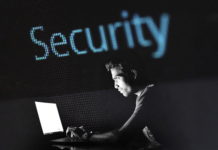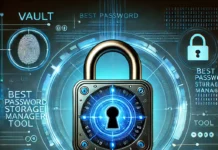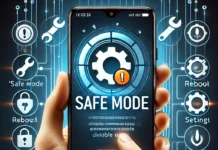Keyloggers have acquired a bit of a reputation over the years for being a malicious type of program. An application or virus that steals personal information like card numbers and passwords can’t be good right? And anything that’s got connections to viruses in any way, like keyloggers have, will send people running in the opposite direction rather than wanting to use them. But the truth is far from this, and there are numerous reasons why people would want to use a keylogger legitimately.
To understand why keyloggers have a malicious reputation you need to understand a bit of the history and etymology behind them. The term ‘keylogger’ came about in the days of DOS, when logging keystrokes was the only thing that you could do because of the text based nature of the operating system. When Windows was introduced there was more to be monitored in a lot more of a visual way: screenshots, documents, applications, videos, and finally, the internet. All of this was combined into what’s now known as ‘Computer Monitoring Software’.
The keylogger was just one single feature or part of computer monitoring software, and when viruses (most notably being spread on the internet) began to manifest, virus developers and hackers realised that the keylogger part could be powerful parts of their viruses. When this happened, the keylogger and the virus became linked in peoples heads, and any mention of the term would conjure up images of hacked accounts and lost money. The problem was that these viruses that included keyloggers have nothing to do with computer monitoring software, which is perfectly safe to use.
You could never get a keylogger virus by actively hunting our a keylogger for you to use. It just doesn’t work that way. These viruses are the sorts of things that are spread via junk mail, and you would only get one my accident at a random time. Searching Google for ‘computer monitoring software’ will only ever return safe to use, commercial monitoring software.
Now to the second part of my title; Is it legal to use a keylogger? This question is reasonably easy to sum up, but it does (as with any law) depend on your state or country. The general census is this though; you can monitor a computer if you own it. So you can monitor the family computer if you bought it and you can monitor the office computer if it’s your business, or if you have permission from the business owner. These means the most popular uses of monitoring software (monitoring kids, employees or spouses) are deemed legal, although monitoring a friends or girlfriend/boyfriends computer is not.
Always look up local laws before you begin a monitoring operation though, especially if you’re monitoring workplace computers. Some laws say you must ask employees to sign contracts agreeing to workplace monitoring. Most monitoring software also has the option of whether to monitor in stealth mode or not, which could make a difference legally.
There are several types of keyloggers and monitoring software available online. Straight forward keyloggers can usually be found for free, whereas monitoring software that monitors everything that happens usually provide free trials but cost for the full version. If you’re monitoring an unusual environment you may be able to look for software a bit more specific to your needs; classroom monitoring software, employee monitoring software and phone monitoring software are all available in abundance.



















I think the keylogger software is good and useful for installation on any type of computer and personal and business, because with them finally allows proper control work on computers.